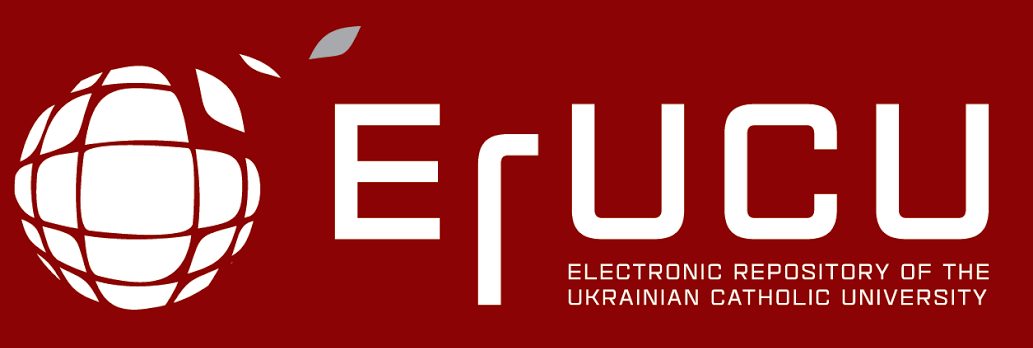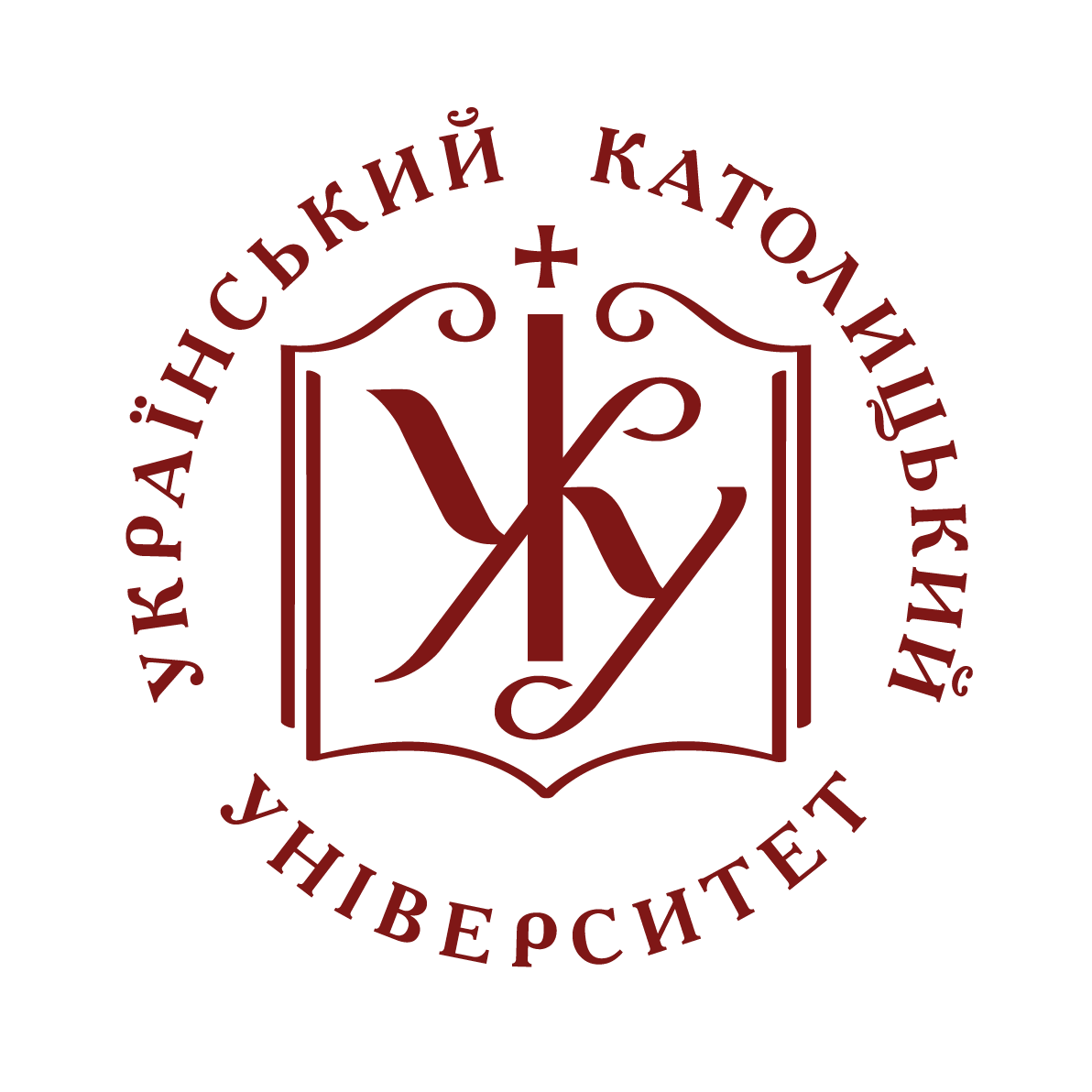- Домівка
- →
- Faculty of Humanities | Гуманітарний факультет
- →
- Кафедра філології
- →
- Статті
- →
- Перегляд матеріалів
Сценарії JavaScript вимкнено для Вашого браузера. Деякі функції цього сайту не будуть працювати без них.
Показати скорочений опис матеріалу
| dc.contributor.author | Smetanyak Atanasia Maria
|
|
| dc.date.accessioned | 2021-04-20T12:22:45Z | |
| dc.date.available | 2021-04-20T12:22:45Z | |
| dc.date.issued | 2020 | |
| dc.identifier.issn | 2416-2213 | |
| dc.identifier.uri | https://er.ucu.edu.ua/handle/1/2663 | |
| dc.description | http://easterntheologicaljournal.com/docs/ETJ11.pdf | uk |
| dc.description.abstract | Questo tema si basa sulla parola μετάνοια usata in Padri della Chiesa e rappresenta due aspetti della μετάνοια: invisibile e visibile. La μετάνοια è un elemento chiave della vita e della spiritualità cristiana. Il vocabolo denota nel greco classico il ‘cambiamento’ di mente o di pensiero, che negli autori cristiani si attua non con la sola forza dell’individuo, ma ‘con’ il Signore, come effetto della sua grazia e con la sottomissione della volontà soggettale a quella divina. Tale ‘sottomissione’ della volontà è, pertanto, l’obiettivo attuativo principale della μετάνοια: esso significa assumere la capacità di vedere e riconoscere davanti a Dio il peccato e penetrare attivamente nel proposito di non ripeterlo più non all’interno di una ottica progettuale, ma come in un autentico processo di conversione interiore. L'arcicolo presenta la μετάνοια come una preghiera visibile e invisibile in "Apophthegmata Patrum" e "Pratum spirituale". | uk |
| dc.language.iso | it | uk |
| dc.publisher | Eastern Theological Journal | uk |
| dc.subject | uk | |
| dc.subject | μετάνοια | |
| dc.subject | preghiera | |
| dc.subject | Apophthegmata Patrum | |
| dc.subject | Pratum spirituale | |
| dc.title | La μετάνοια come un elemento della preghiera del corpo in Apophthegmata Patrum e Pratum spirituale | uk |
| dc.type | Article | |
| dc.status | Опублікований і розповсюджений раніше | uk |
| dc.description.abstracten | This theme is based on the word μετάνοια used in the Fathers of the Church and represents two aspects of μετάνοια: invisible and visible. Μετάνοια is a key element of Christian life and spirituality. The word denotes in classical Greek the 'change' of mind or thought, which in Christian authors takes place not only with the strength of the individual, but 'with' the Lord, as an effect of his grace and with the submission of the subjectal will. to the divine one. This 'submission' of the will is, therefore, the main implementation objective of μετάνοια: it means assuming the ability to see and recognize sin before God and actively penetrate the purpose of not repeating it no more within a design perspective, but as in an authentic process of interior conversion. The article presents the μετάνοια as a visible and invisible prayer in "Apophthegmata Patrum" and "Pratum Spirituale". | uk |
Долучені файли
Даний матеріал зустрічається у наступних зібраннях
-
Статті [27]
Articles


